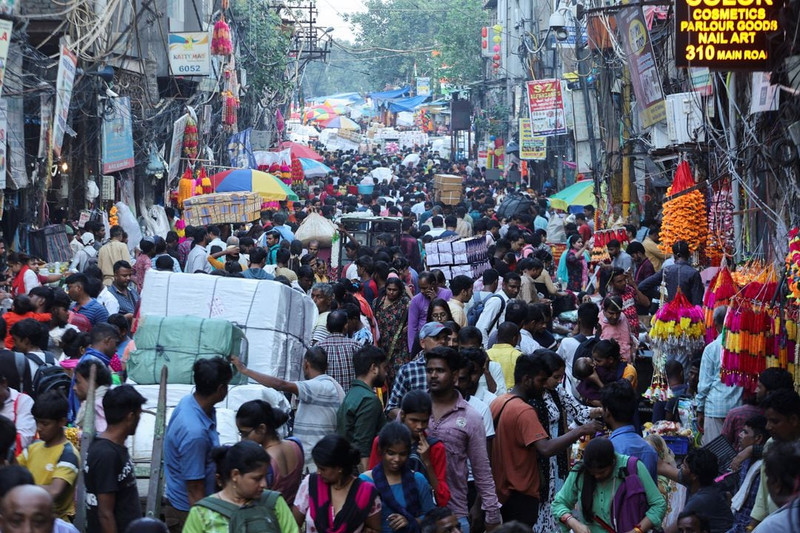The agreement has 14 chapters, covering trade in goods, rules of origin, intellectual property rights, trade in services, investment promotion and cooperation, government procurement, technical barriers to trade and trade facilitation.
The agreement will take about a year to enter into force after being ratified by the participating countries’ parliaments. Under the agreement, New Delhi will receive around 100 billion USD in investments over 15 years. Manufacturing industries such as dairy, soybean, coal and some agricultural products are still included in the exclusion list. India’s interest in producing generic drugs and concerns over the extension of patent protection have been resolved.
Indian Prime Minister Narendra Modi shared that TEPA symbolises both sides’ commitment to support open, fair and equitable trade. Prime Minister Modi emphasised that the leading role of EFTA countries in innovation, research, and development in many fields will open new avenues for cooperation. He also highlighted foreign direct investment (FDI) opportunities for the EFTA in India’s growing sectors, such as digital commerce, banking, financial services, transportation, logistics, machinery industry, biotechnology, pharmaceuticals, chemicals, food processing, and clean energy.
Meanwhile, Swiss Federal Councillor Guy Parmelin noted that the agreement allows the two sides to better take advantage of economic potential and create more opportunities for both India and European countries. The EFTA can access the fast-growing Indian market, while India can also attract more investments from EFTA countries, thereby creating more jobs.
With TEPA, a binding commitment was made to invest 100 billion USD and create one million direct jobs over the next 15 years. Indian Minister of Commerce and Industry Piyush Goyal said the agreement represents an India full of confidence. The agreement will promote the “Make in India” initiative and create opportunities for Indian exporters to access major markets in Europe and around the globe.
Established in 1960, the EFTA helps promote free trade and economic integration among its four member countries. In 2021, the EFTA became the world’s 10th largest trading bloc in terms of merchandise trade and the 8th largest in terms of trade in services. India and the EFTA began negotiating TEPA in January 2008 and went through 13 rounds of negotiations before pausing in November 2013. After that, the two sides resumed negotiations in October 2023 and quickly signed the agreement.
India’s main imports from the four EFTA members are gold, silver, coal, vegetable oil, dairy machinery, medical items, crude oil, and scientific equipment. India’s exports to these four countries include chemical products, iron and steel, gold, gems, fibres, sporting goods, glassware, and medicines. According to statistics, in the 2022-2023 fiscal year, two-way trade between India and four EFTA countries reached 18.65 billion USD. Switzerland is India’s largest trading partner in the EFTA.
In recent years, India has signed trade agreements with Australia and the United Arab Emirates (UAE) and is negotiating a comprehensive free trade agreement with the EU. Negotiations for a trade agreement between India and the UK have also entered the final stage.
The signing of TEPA is a major step forward in the partnership and trade cooperation between India and four European countries, opening many opportunities for the South Asian country to promote its exports, attract investment, and create jobs to strengthen the position of the world’s 5th largest economy.
















